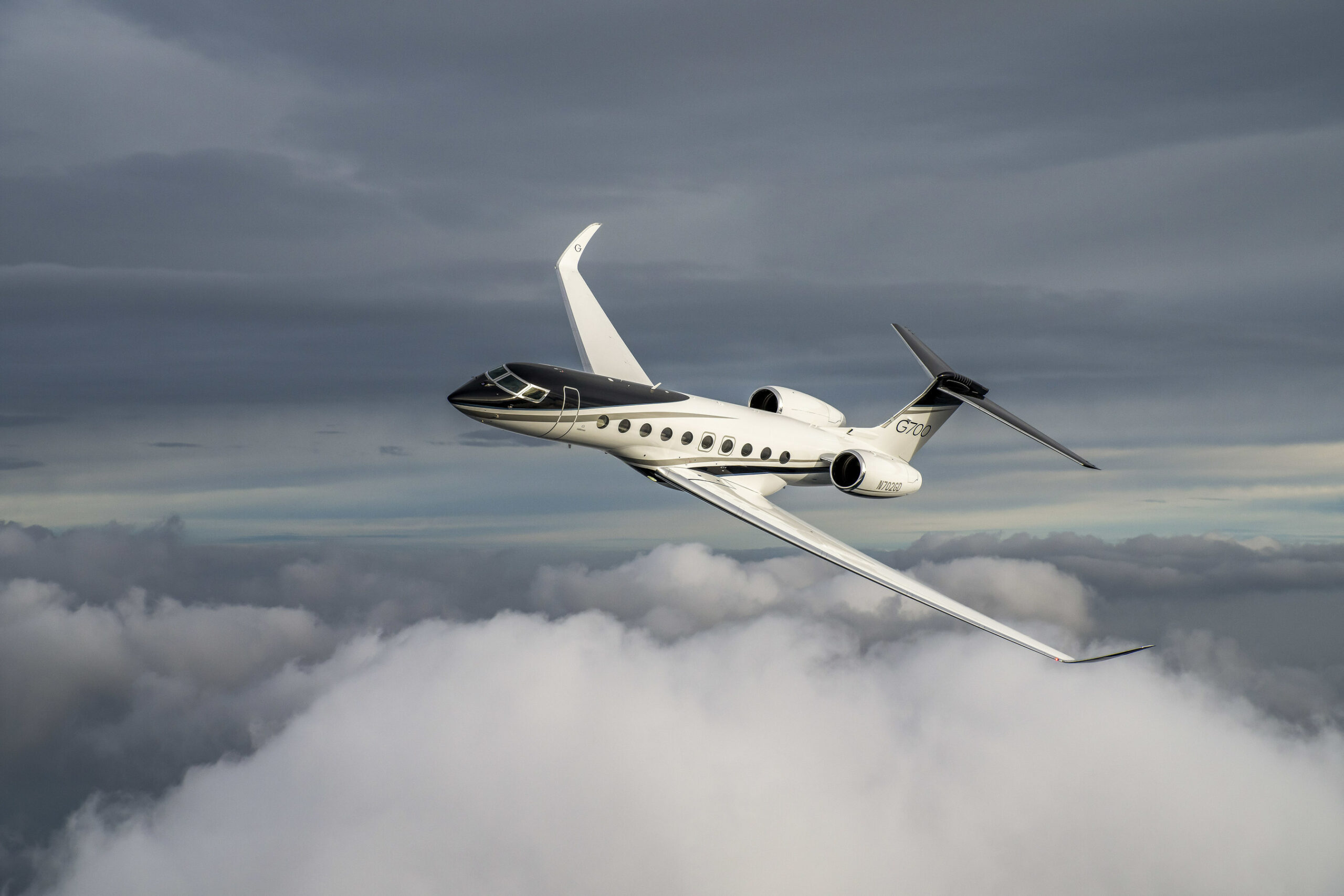
Ever wondered what it takes to get an aviation certification? Whether you're dreaming of piloting a commercial jet or maintaining aircraft, understanding aviation certification is key. Aviation certification ensures that pilots, mechanics, and other aviation professionals meet strict safety and skill standards. This process involves rigorous training, exams, and practical experience. From private pilot licenses to advanced ratings, each certification opens new doors in the aviation world. Why is this important? Safety. Certified professionals help keep the skies safe for everyone. Ready to learn more? Let's dive into 15 fascinating facts about aviation certification that might just inspire you to take to the skies!
Key Takeaways:
- Aviation certification ensures that aircraft, pilots, and maintenance personnel meet safety standards. It involves various tests and evaluations by bodies like the FAA and EASA.
- Airworthiness certificates confirm that aircraft meet safety standards, and pilots must meet specific requirements for certification. Simulators play a significant role in pilot training.
What is Aviation Certification?
Aviation certification ensures that aircraft, pilots, and maintenance personnel meet safety standards. It’s a rigorous process involving various tests and evaluations.
-
Certification Types: There are different types of aviation certifications, including airworthiness certificates, pilot licenses, and maintenance certifications.
-
FAA and EASA: The Federal Aviation Administration (FAA) in the U.S. and the European Union Aviation Safety Agency (EASA) are the primary bodies responsible for aviation certification.
Importance of Airworthiness Certificates
Airworthiness certificates are crucial for ensuring that aircraft are safe to fly. They confirm that an aircraft meets all regulatory safety standards.
-
Two Main Types: There are two main types of airworthiness certificates: standard and special. Standard certificates are for normal, utility, acrobatic, commuter, or transport category aircraft. Special certificates are for primary, restricted, limited, or provisional category aircraft.
-
Annual Inspections: Aircraft must undergo annual inspections to maintain their airworthiness certificates. These inspections check for any issues that could affect the safety of the aircraft.
Pilot Certification Requirements
Becoming a certified pilot involves meeting several requirements, including training, exams, and flight hours.
-
Private Pilot License (PPL): To obtain a PPL, a candidate must complete at least 40 hours of flight time, pass a written exam, and successfully complete a check ride with an examiner.
-
Commercial Pilot License (CPL): A CPL requires more extensive training, including at least 250 hours of flight time, advanced maneuvers, and passing both written and practical exams.
Maintenance Certification
Aircraft maintenance is critical for safety. Maintenance personnel must be certified to ensure they have the necessary skills and knowledge.
-
A&P Certification: The Airframe and Powerplant (A&P) certification allows mechanics to work on both the airframe and engine of an aircraft.
-
Inspection Authorization (IA): An IA certification allows mechanics to perform more detailed inspections and sign off on major repairs and alterations.
Certification for New Aircraft
New aircraft must go through a certification process before they can be sold and operated.
-
Type Certification: This certifies that an aircraft design meets all regulatory requirements. It involves rigorous testing and evaluation.
-
Production Certification: Once a type certificate is obtained, manufacturers must get a production certificate to ensure that each aircraft produced meets the type design.
International Certification Standards
Aviation is a global industry, and certification standards must be consistent worldwide.
-
ICAO Standards: The International Civil Aviation Organization (ICAO) sets global standards for aviation safety, including certification requirements.
-
Mutual Recognition: Many countries have agreements to recognize each other’s certifications, making it easier for aircraft and personnel to operate internationally.
The Role of Simulators in Certification
Simulators play a significant role in pilot training and certification.
-
Flight Simulators: High-fidelity flight simulators are used for training and certification. They allow pilots to practice emergency procedures and complex maneuvers in a safe environment.
-
Cost-Effective Training: Simulators reduce the cost of training by allowing pilots to gain experience without the need for actual flight time.
Future of Aviation Certification
The aviation industry is constantly evolving, and certification processes must adapt to new technologies and challenges.
- Drones and UAVs: Unmanned Aerial Vehicles (UAVs) and drones are becoming more common, and new certification standards are being developed to ensure their safe operation.
Final Thoughts on Aviation Certification
Aviation certification is more than just a piece of paper. It ensures pilots, engineers, and other aviation professionals meet strict safety and skill standards. From private pilot licenses to commercial and airline transport certifications, each level requires dedication, training, and a deep understanding of aviation principles.
Understanding the different types of certifications can help aspiring aviators choose the right path. Whether you're dreaming of flying small planes or commanding large commercial jets, knowing the requirements and steps involved is crucial.
Remember, aviation is a field where safety is paramount. Certifications play a vital role in maintaining high standards and ensuring that everyone in the sky is well-prepared. So, if you're passionate about flying, start your journey with the right certification and soar to new heights.
Frequently Asked Questions
Was this page helpful?
Our commitment to delivering trustworthy and engaging content is at the heart of what we do. Each fact on our site is contributed by real users like you, bringing a wealth of diverse insights and information. To ensure the highest standards of accuracy and reliability, our dedicated editors meticulously review each submission. This process guarantees that the facts we share are not only fascinating but also credible. Trust in our commitment to quality and authenticity as you explore and learn with us.


